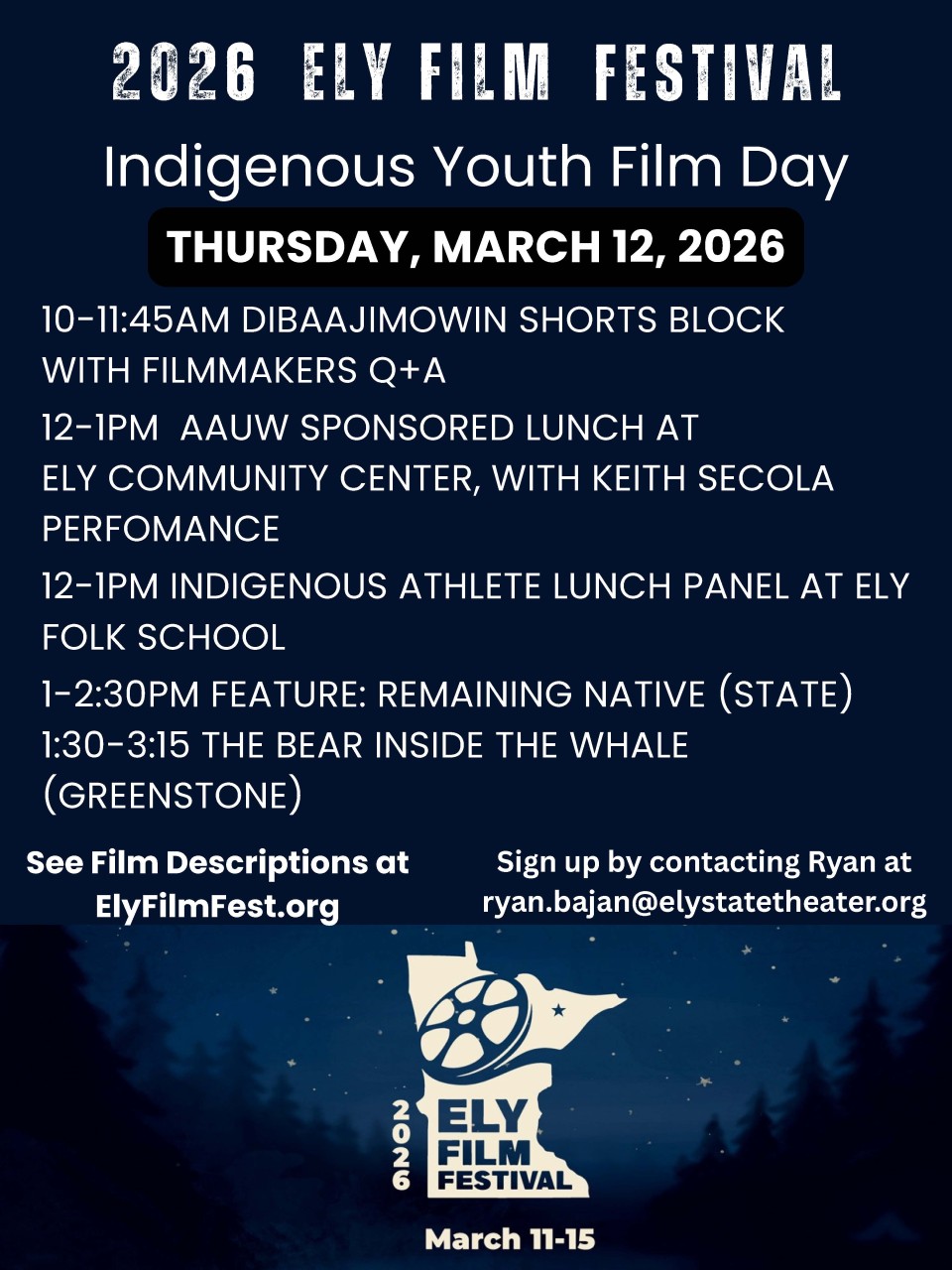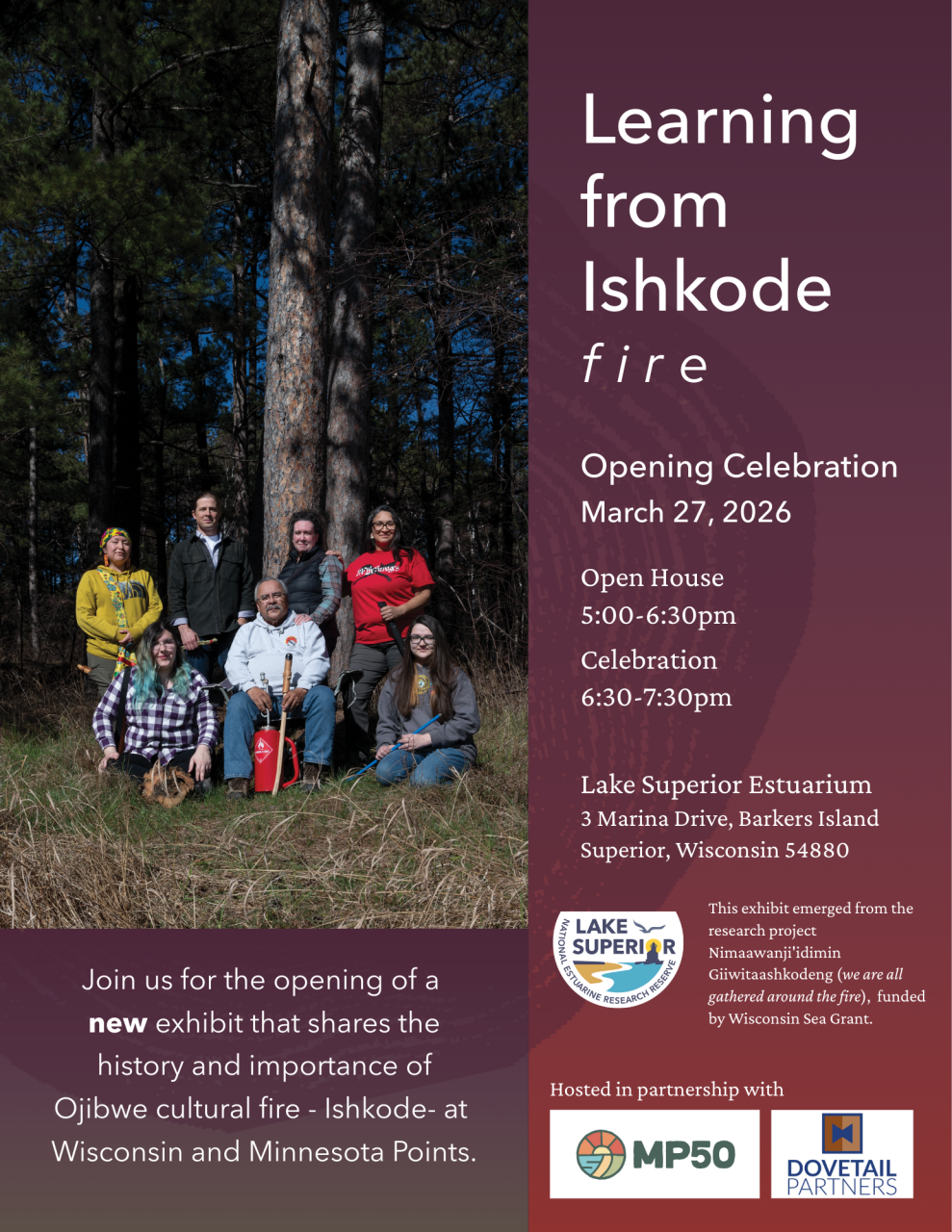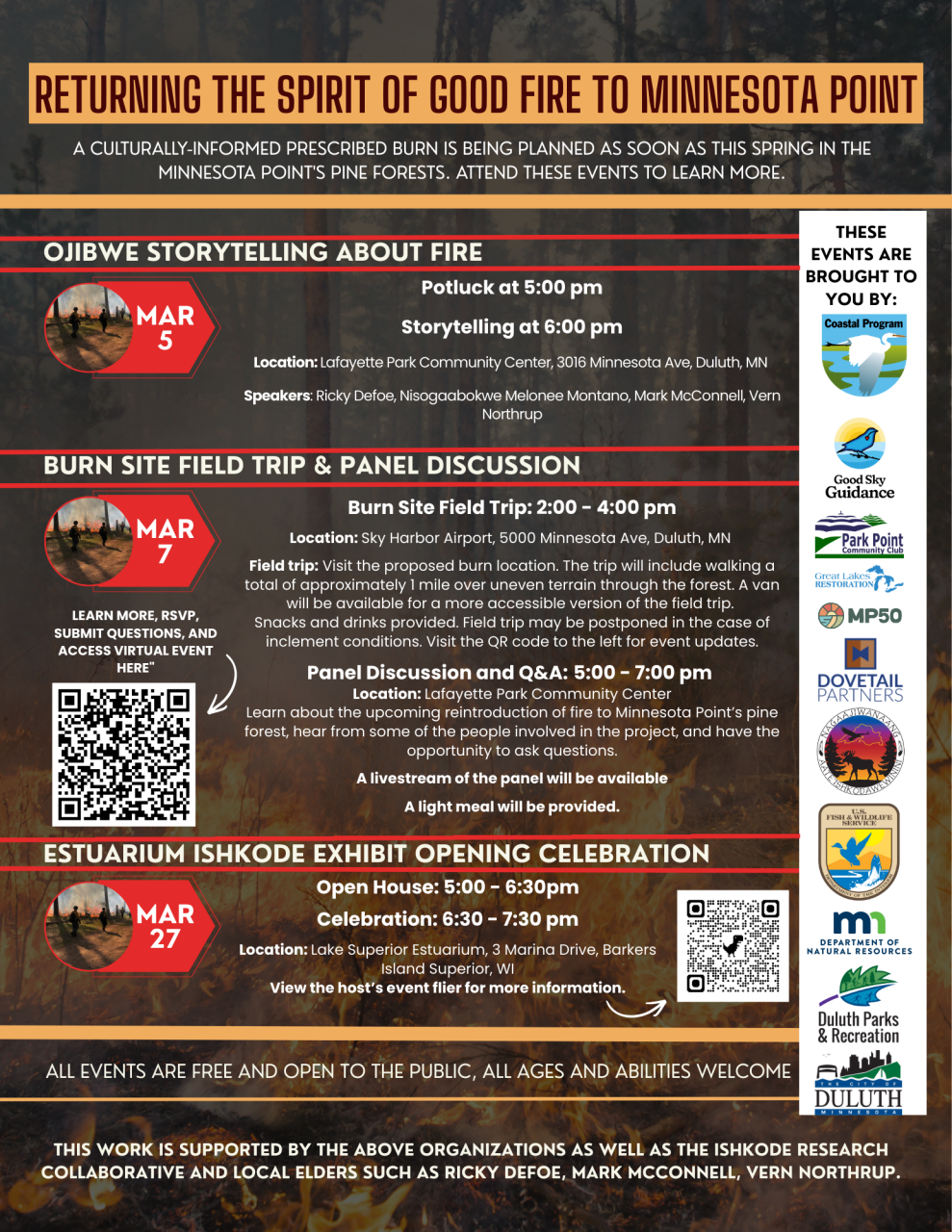1854 TREATY AUTHORITY
The 1854 Treaty Authority is an inter-tribal natural resource management organization that protects and implements the off-reservation hunting, fishing and gathering rights for the Grand Portage and Bois Forte bands in the lands ceded to the United States government under the Treaty of La Pointe, 1854.

Know the signs of hypothermia
Hypothermia is a serious condition that occurs when your body temperature sinks below 96°F. It requires immediate medical attention. Symptoms of hypothermia include: shivering, exhaustion, confusion, memory loss, drowsiness, and slurred speech. Always dress in layers for cold weather, and pay attention to your body when outdoors.

"Where can I go to harvest?"
With 5.5 million acres in the 1854 Ceded Territory, it can be daunting to try and figure out where treaty harvest can be exercised. Fortunately, we have the tool for the job! Explore the 1854 Interactive WebMap...

Need a new 1854 ID?
Applicants must apply in person, be listed in our enrollment book AND provide one of the following documents: Minnesota Chippewa Tribe Enrollment Card, Grand Portage or Bois Forte-issued ID card, state issued identification card/drivers' license/drivers' permit, certified copy of a birth certificate, valid INS certificate of citizenship, or valid, unexpired US Passport or Passport card.
Latest News
Quick Links












Calendar
Featured Podcast
Darren Vogt, Resource Management Division Director at 1854 Treaty Authority, joins The Wandering Naturalist to discuss what the 1854 Treaty Authority is, how Ojibwe views on partnership with the land impact how the 1854 Treaty Authority stewards the land and the living things on it, and how wild rice being viewed as a gift by the Ojibwe creates a different perspective on managing it than other organizations might have. He discusses how they engage in wild rice and the research they are doing.


